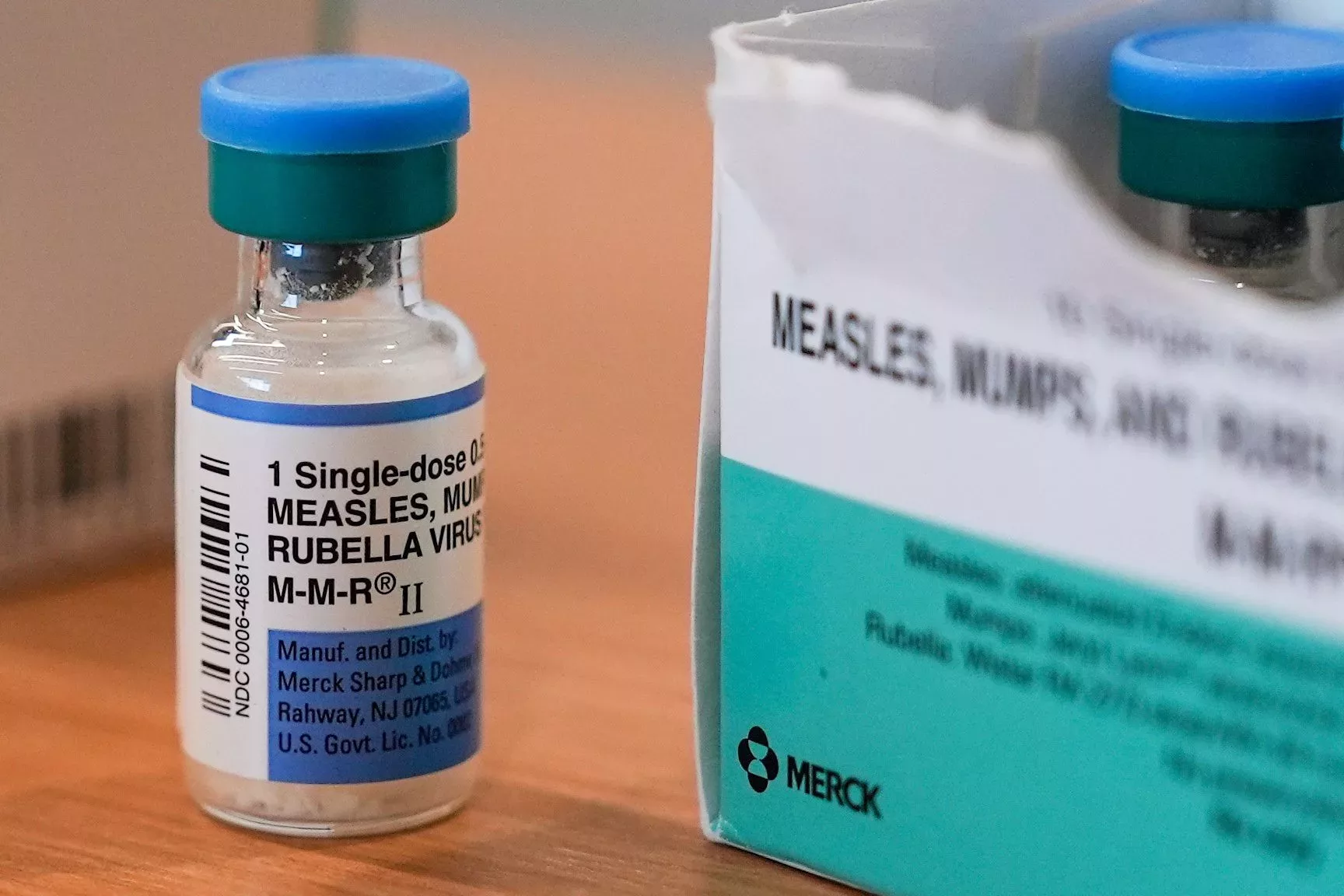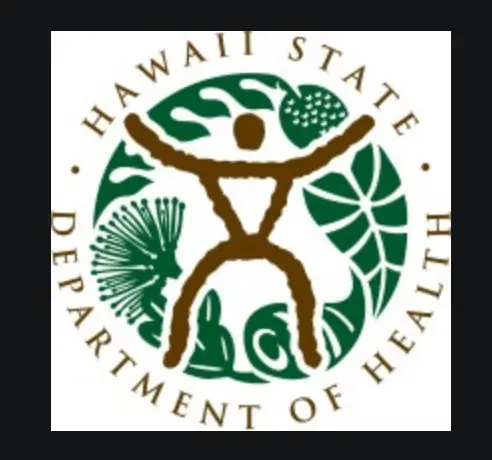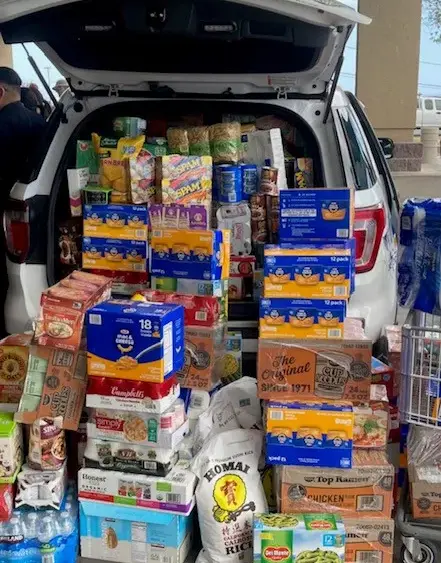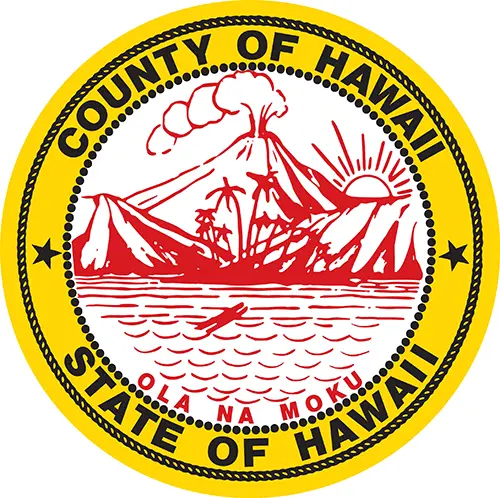In response to Hawai‘i’s first confirmed case of measles in years, Governor Green joined Department of Health Director Dr. Kenneth Fink and The Queen’s Health Systems Clinical Chair of Pediatrics Dr. Nadine Tenn Salle, to issue an urgent call to action: protect Hawai‘i’s communities through vaccination.
The confirmed case involves an unvaccinated child under age 5 who recently returned to O‘ahu from international travel. The child is recovering at home. A household member with similar symptoms is under evaluation. The Department of Health is actively investigating, issuing flight notifications, contacting those who may have been exposed and alerting healthcare providers statewide.
Yesterday the Governor signed emergency rules to help prevent a measles outbreak in Hawai‘i. These rules allow children with religious exemptions to receive the MMR vaccine while still retaining their exemption to other vaccines and staying in school.
Measles, declared eliminated in the United States in 2000, is resurging. In 2025, more than 600 cases have already been reported across 22 states. Globally, cases have surged, with the World Health Organization estimating 10.3 million cases in 2023.
Statewide, Hawai‘i’s MMR vaccination rate stands at 89.8% — below the 95% threshold needed for community (or herd) immunity. Some schools have dangerously low coverage, especially on the Neighbor Islands.
The best protection against measles is the MMR (measles, mumps, rubella) vaccine. All children should receive two doses of the MMR vaccine. The first dose is given at age 12-15 months and the second dose at 4-6 years of age. If you are planning travel, consult your healthcare provider to determine whether an additional or earlier dose of MMR is recommended.
All adults born during or after 1957 should also have documentation of at least one MMR vaccination, unless they have had a blood test showing they are immune to measles or have had the disease. Certain adults at higher risk of exposure to measles (e.g., post-secondary school students, international travelers, and healthcare personnel) need a second dose of MMR vaccine, at least four weeks after the first dose.
AP Photo





